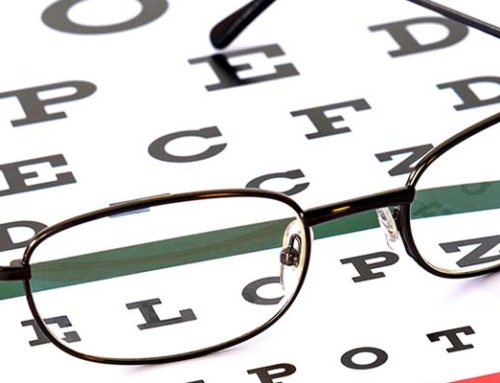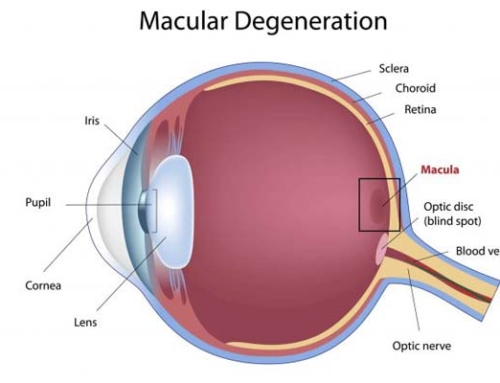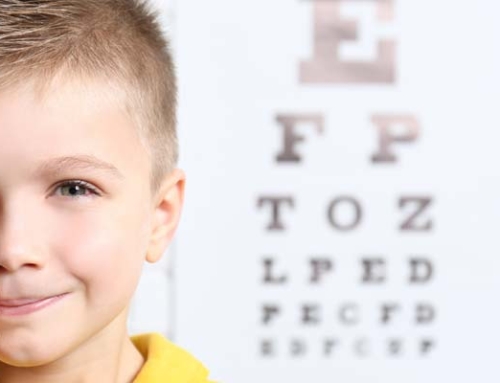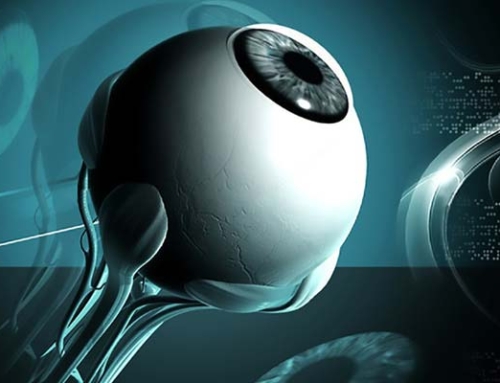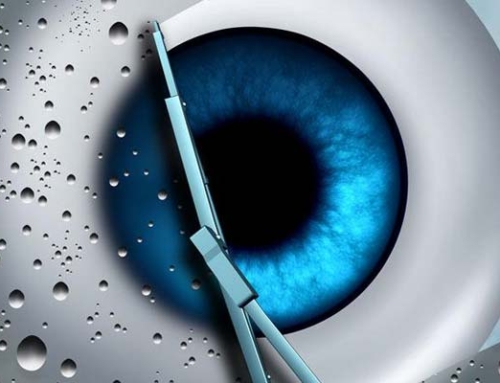A good sleep is important for your general health including the health of your eyes. A lack of good night sleep can be detrimental to your eye health and may interfere with the quality of your vision. The negative effects of insomnia can be mild in some people and maybe quite serious in the others. One of the most common effects of insomnia is dark circles around your eyes. You may notice this if you spend a few days without good sleep and keep yourself busy with work and stress. As a result, you may look tired and exhausted. You may also notice that sleep deprivation can cause eye spasms and twitches during the days. It may cause difficulties in focus and concentration and interfere with your daily tasks.
Over time, sleep deprivation can cause dry eyes with redness and itchiness. Dry eyes are a painful condition with a lack of enough lubricant in your eyes to keep it wet. It can cause eye irritation and even more serious complications. Dry and itchy eyes may make you rub your eyes frequently increasing the chance to get eye infections as well. These symptoms can become more prominent with chronic insomnia. While chronic sleeplessness has a harmful impact on your immunity as well, it can make you more prone to infections and inflammation. People who don’t sleep well are usually more sensitive to light and have a higher tendency of suffering from blurred vision.
Poor sleep is one factor contributing to having eye fatigue. This condition is characterized by having burning, itchy eyes and a continuous feeling of tiredness. Symptoms of eye fatigue include eye inflammation, focus difficulties, double vision and increased light sensitivity.
In more complicated cases, lack of sleep for a long time can trigger more serious eye diseases such as glaucoma. It is a condition where the pressure inside your eyes is high leading to vision problems and may even end by loss of vision. The role of sleep in preventing such problems is that it helps your eyes to relax, heal and replenish keeping them healthy with normal pressure inside.
Tips for having a good sleep for your eye health:
- Sleep in a calm and comfortable area away from the noise and bright lights.
- Avoid taking naps during daytime
- Set a fixed time every day to go to bed and wake up at the same time in the morning to help regulate your sleeping patterns and energy.
- Avoid eating at least 3 hours before going to bed as digestion can make it harder to fall asleep.
- Try relaxing using music, aroma and meditation if you are struggling with stress continuously.
- If you have a chronic lack of sleep, you should contact your doctor as you may have a problem that interferes with your sleep such as sleep apnea. Early detection and management of this case is important to avoid further complications.


